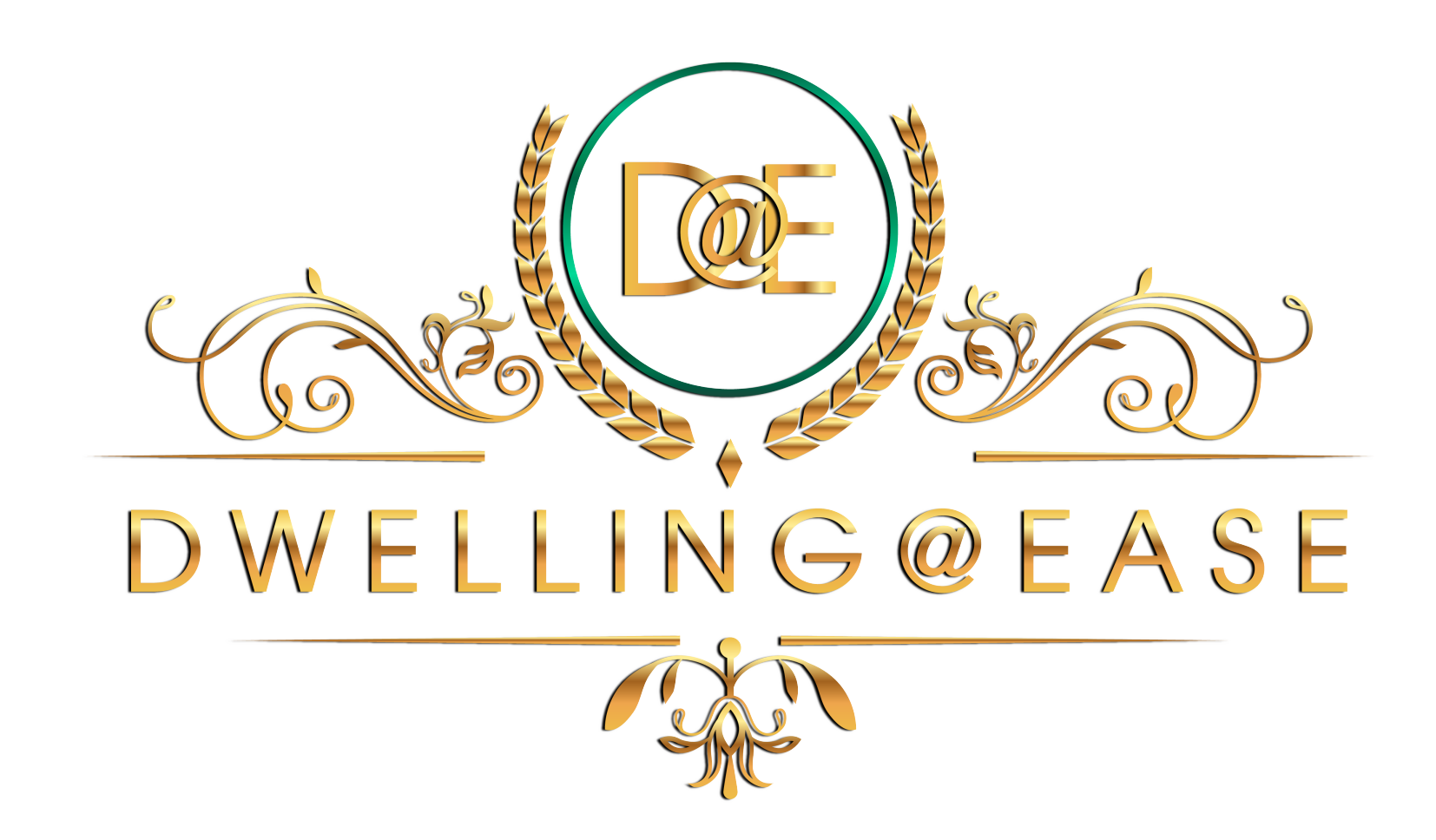Tutu Soetan is a senior management consultant and cyber security specialist who has worked with top investment banks in the United Kingdom and the US. In this interview by SEGUN KASALI, she speaks about her journey in the IT space and why she started a coaching.
You have been in the IT space for more than 20 years. How are you coping as a female?
Although it is a male-dominated environment, I went into it regardless of my background or sex. Before I dived into the cyber security world, I was in investment banking. I realised there was a massive opportunities for women wanting to enter the technological space. There were several opportunities, and being a female gave me the privilege to be part of the “minority in a majority” of the organisation. You would be surprised to know that organisations are now interested in inclusion and diversity. So ultimately, I would say I am coping perfectly.
How well are you settling in the cyber security space?
Regarding my background, I have a Bachelor of Science degree in Information Systems and Accounts and a Master’s degree in Quantitative Finance from the prestigious University of Hertfordshire. My quantitative finance and IT combination helped me succeed in investment banking roles. Subsequently, I decided to specialise in cyber security since there were a lot of opportunities within that sector.
What are the qualities that keep you going in the space?
The main quality that keeps me going is resilience, hard work, and the ability to bounce back when things have not worked as planned.
Also, my ability to go after what I want. Being studious and working twice as hard as everyone else gives me an advantage over the average person. I am constantly researching, so I know I am learning new things every day, and I dare to keep going. The most important qualities applicable to a career path are confidence, the ability to speak up, and disregarding limiting beliefs.
How was your journey before the UK?
It was not rosy. It is important to have a goal and purpose in life; if you don’t have one, you’ll end up living other people’s goals, which will control your life. I am the last of four females in the family with no parents-lost my mum at age five and my dad by age 11, so you can imagine what my background could have been. I attended Ogun State University, but during my 3rd year, I relocated to the UK to study accounting and Information systems at the University of North London, now London Metropolitan University.
Why Accounting?
I have always wanted to work in a bank. I worked at the Legal Department of First Bank and the bank branch in Ikeja, Nigeria.
I had a goal to work at an investment bank, so when I came to the UK, my sister advised me of future possibilities in IT. I decided to combine my previous accounting knowledge with IT, so I’m not losing on either side.
How was it like getting to the UK?
It was not as rosy as you think (laughs) going to university, graduating, getting married, and luckily I got a good-paying job immediately after graduation. I started as an analyst in the investment banking space, and then I started climbing up the ladder and began holding management positions. I lost my investment banking job and was home for a while. While searching for a job, I realised there were diverse opportunities, good salaries, and excellent job roles in the IT industry. That’s what I teach in my master classes. For my students, I analysed their existing skill sets and worked out how they can be utilised in other career paths.
How did you come to this realisation?
I went into cyber security because that is the heart of IT. With organisations moving into remote work, they are big on security. I picked up all the necessary certifications. With cyber security, you can work anywhere in the world, so I started developing myself, acquiring needed skills while trying to deviate from investment banking into the technology space. Now I am a Certified Information Security Auditor. It requires dedication. The learning process begins once you get into the field.
What was the motivation for your coaching career?
I was out of work for a while, it was extremely hard and being a consultant hasn’t made it easy. It was a big shock as I’ve never experienced such, but at this time, it was extremely difficult to get a job for some reason. I had been at home for around two months, and I thought something had to change. Immediately, I decided to start researching and looking for gaps in the market, and I realised that there were several people who, like me, had been unemployed for six months. I must tell you that this is a very bad state to be in the UK. It would be difficult to survive if you don’t have a job and don’t have the necessary support in London. While researching, I discovered a gap in the market and my knowledge. Then, I decided to found Dwelling at Ease to support individuals looking at transitioning into IT or mid-career professionals looking at moving to senior management positions and help individuals get a role that lightens them up.
What were the reasons?
Those are the things I teach because now I run a career-accelerator programme focusing on career transition, IT training, salary negotiation, visibility, and personal branding regarding a career. I also offer training on confidence and mind-set transformation. One of the reasons people don’t get a job or are stuck in an unfulfilling role is their mind-set, hence the focus on mind-set transformation.
How has it been with the company?
I founded Dwelling at Ease, and I called it that because I believe there are five keys to life- career, relationship, finance, spirituality and health. If one is lacking, the rest would be dysfunctional. I picked the phrase from the Bible that says the righteous shall dwell at ease.
How do you relax?
Holiday three times a year, and I catch up with friends and family.
Where do you see your company in the next three years?
I aim to help millions of individuals achieve and fulfil their career goals and get a job that lightens them up. I see us getting closer to that goal. I am starting a venture where I help women that have been out of work due to childbirth or caring for loved ones get back into work. It is a free service. I support them in getting back to work. In addition, we have started assisting people who have been out of a job for months by supporting them financially, coaching them on landing new jobs and how to write CVs.
When did the breakthrough come in this coaching business?
I run free monthly master classes and a conference on stress management. Immediately after that conference, we had a breakthrough where we had hundreds of people register for our training programmes, creating business visibility. I have also received calls from clients interested in entering the tech industry.
How have you been giving back? Any plans to replicate this back home in Nigeria?
I give back here by having free training for those that have been out of jobs due to sickness, caring for loved ones, or childbirth. I put them on a three months or six months training course. It has been online, but now we are moving into physical meetings. It is training where we help them with their CVs and interview skills and give them the right tools to get back to work confidently and provide on-the-job support. We are extending our IT training to Nigeria, especially on getting remote technical roles worldwide.
What is your take on women in leadership roles?
There are not enough women in leadership roles. There are still gaps, so I encourage women, especially minorities, to start putting themselves forward.
How have you been coping with the home front and work duties?
Women have the power, confidence and resilience to multitask effectively. For me, I do not dwell on what I want to do. I go for it. I do what needs to be done. I write them down in their priority order and strategically get them done.
What would be your passing shots to would-be Tutu Soetan
Be diligent. Be dedicated to whatever it is you want to do. Don’t fail before you try. Give it a go; if it doesn’t work, you have tried.

